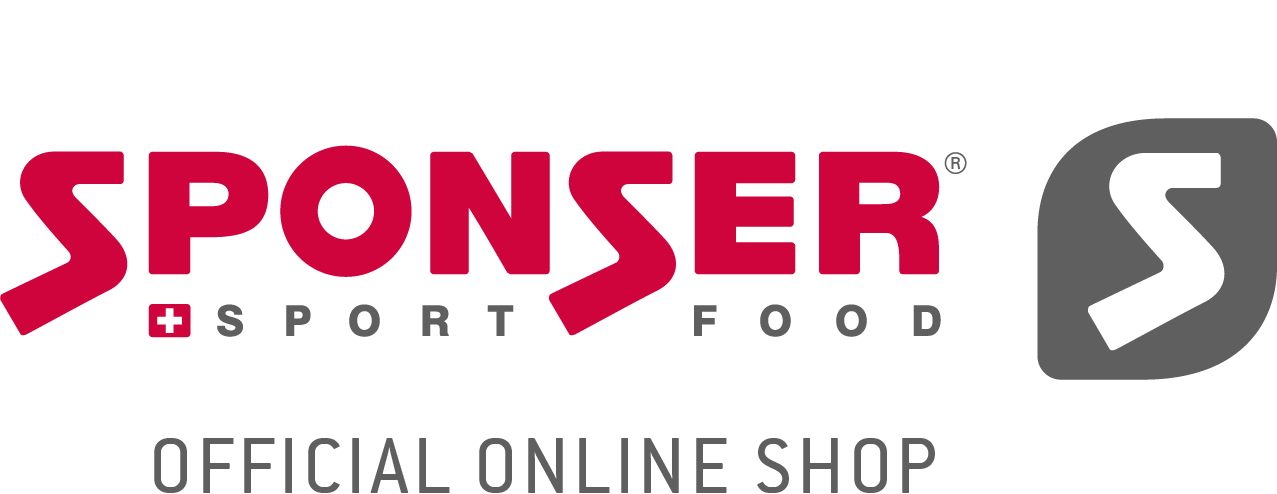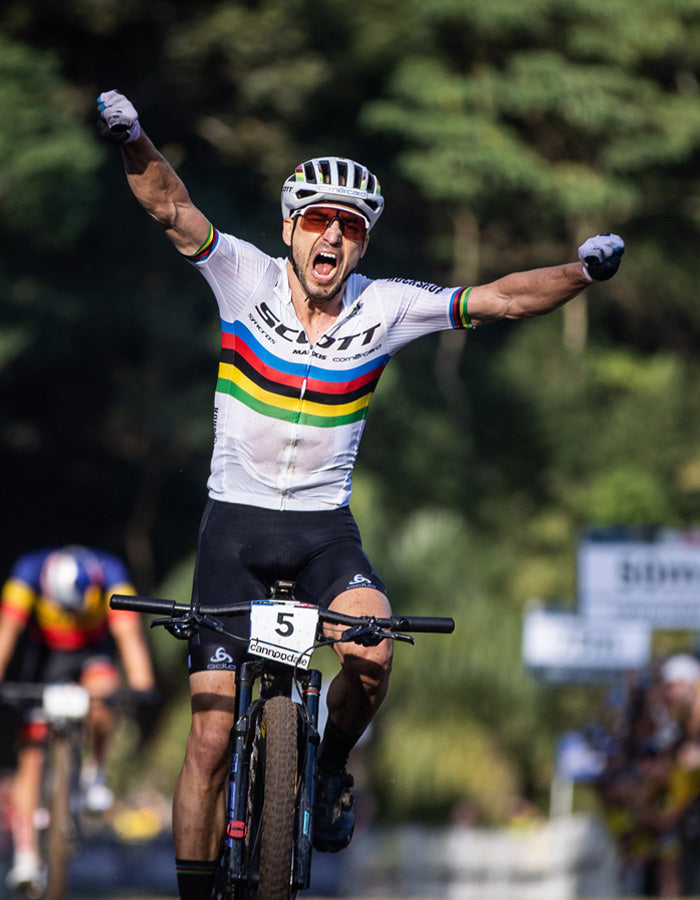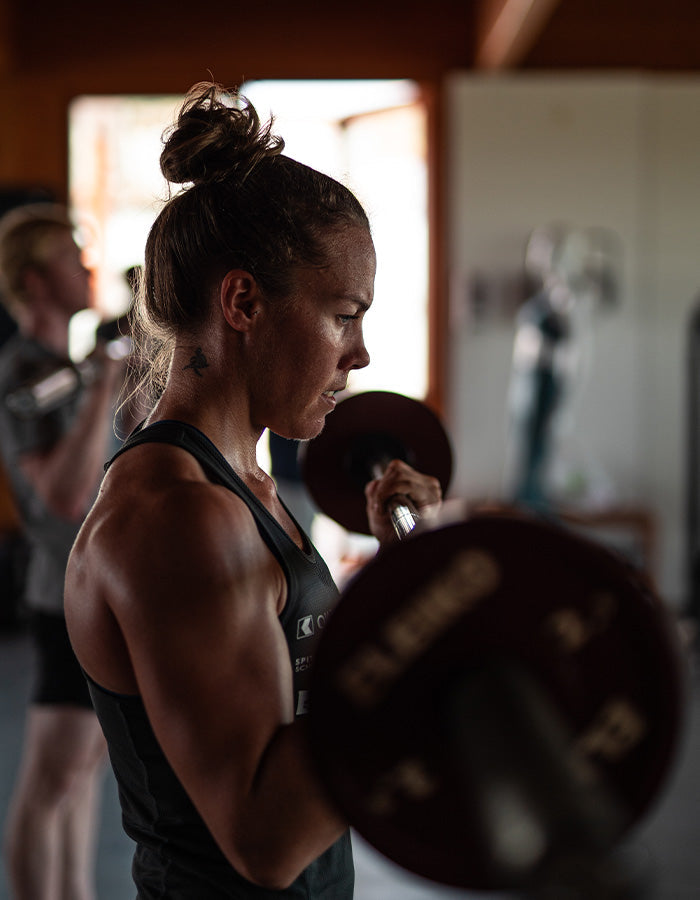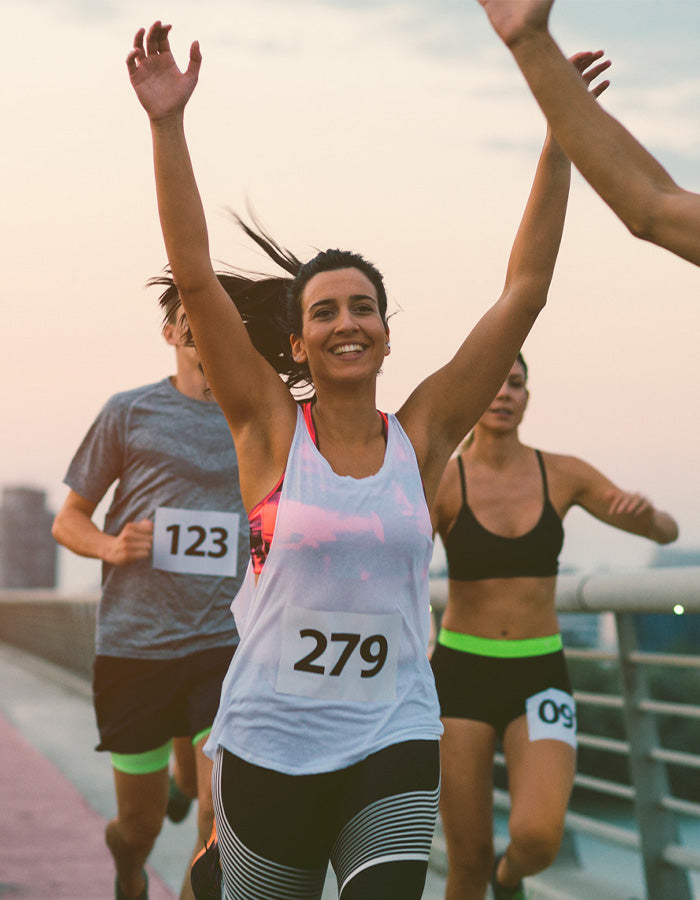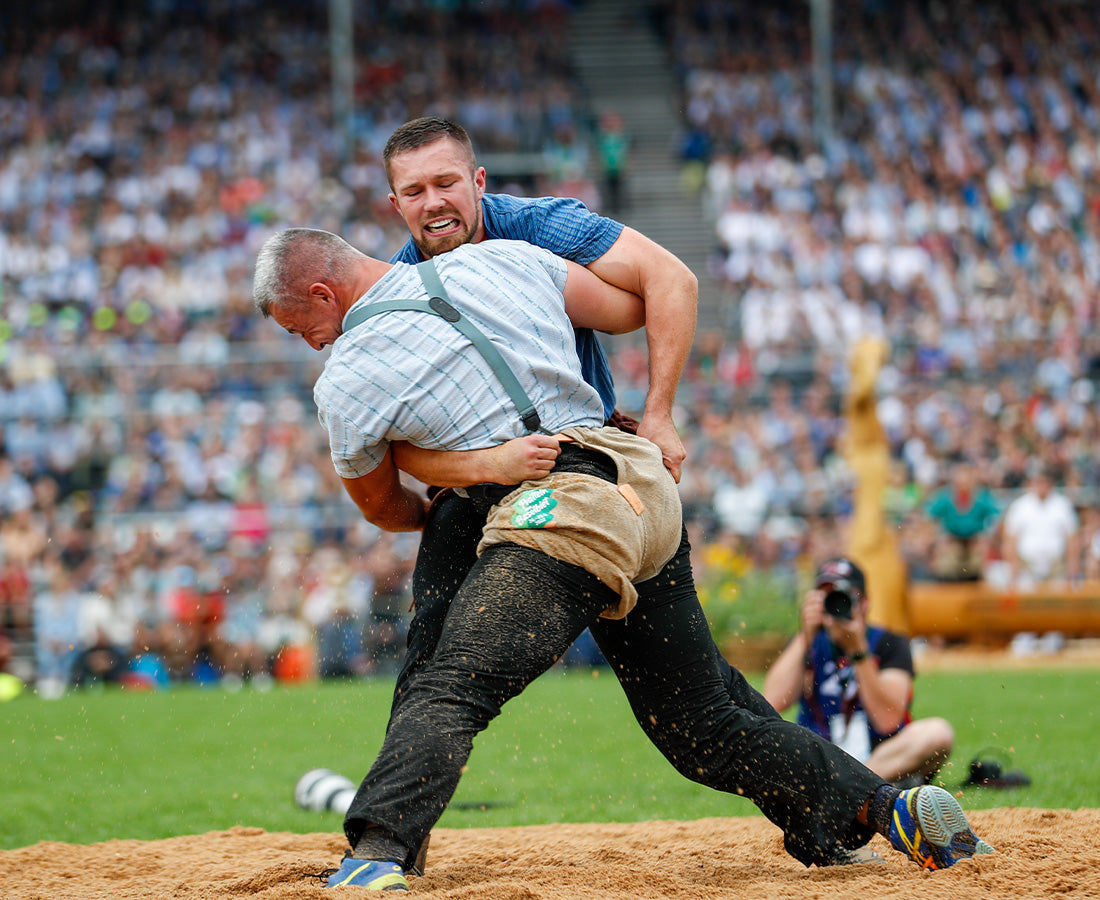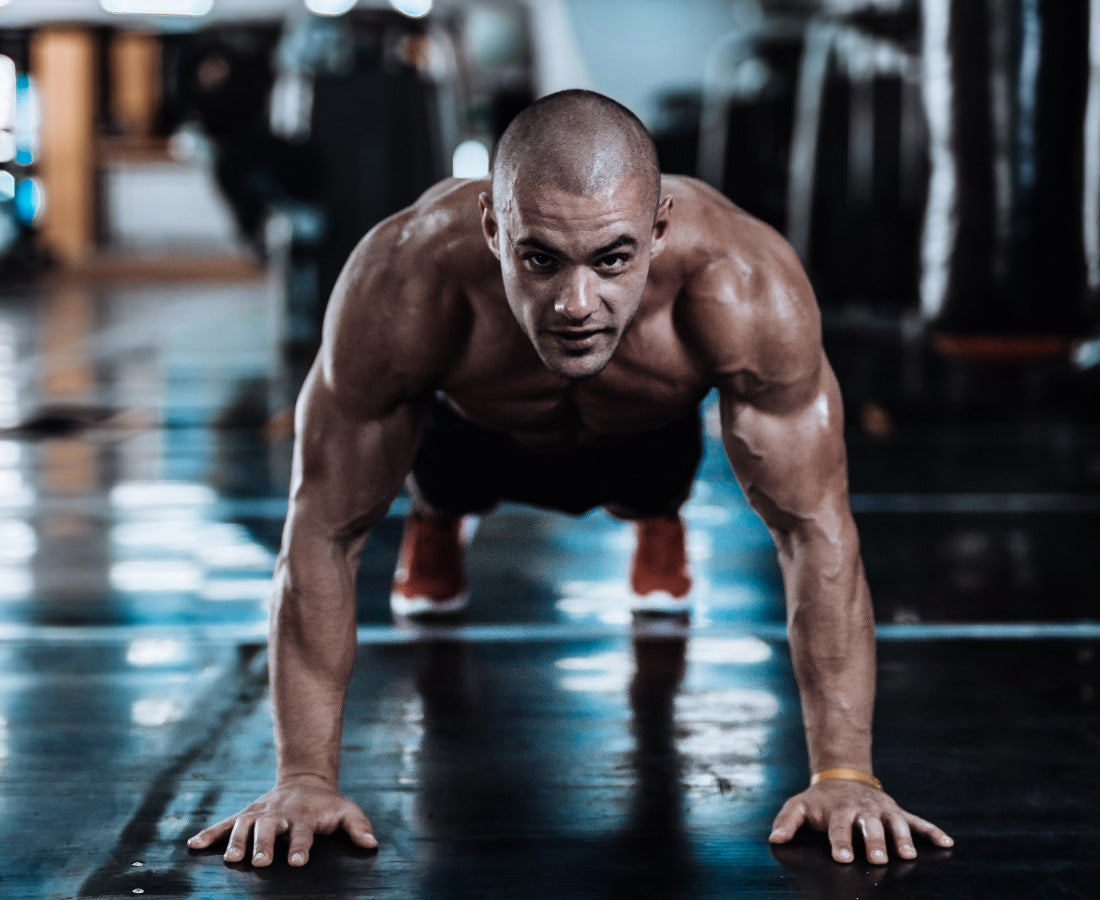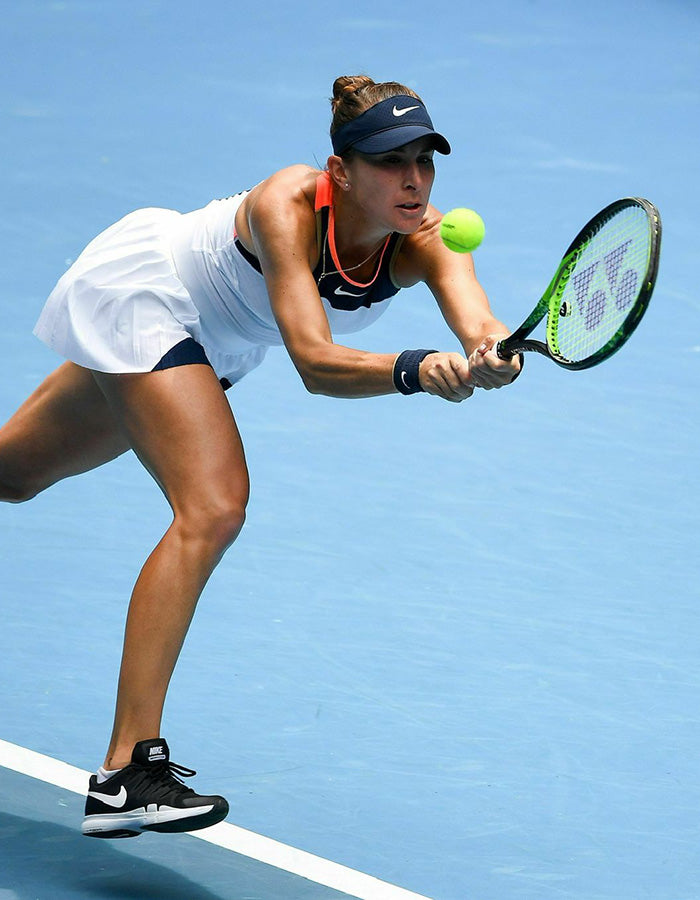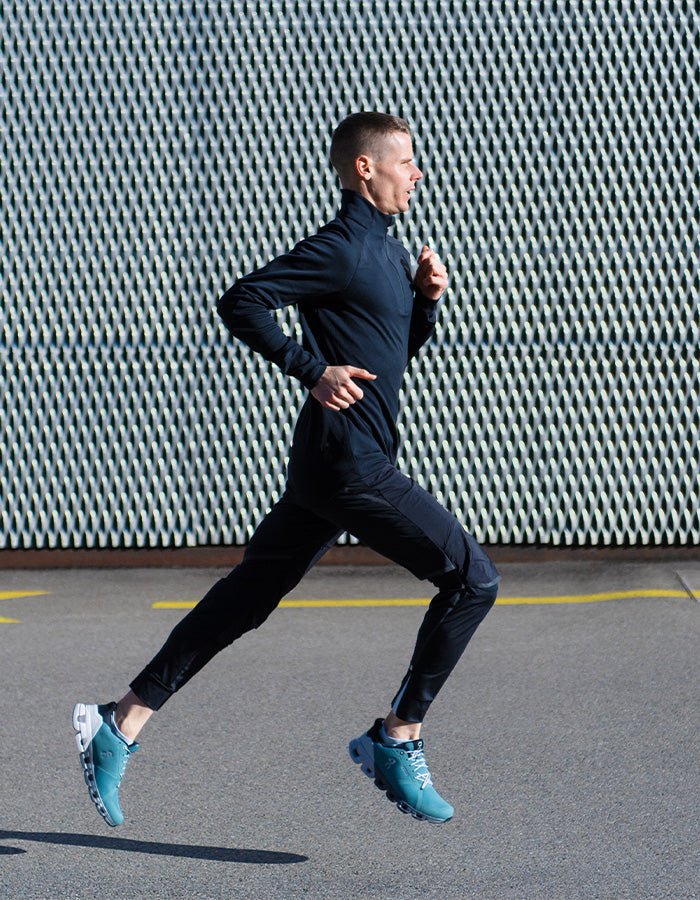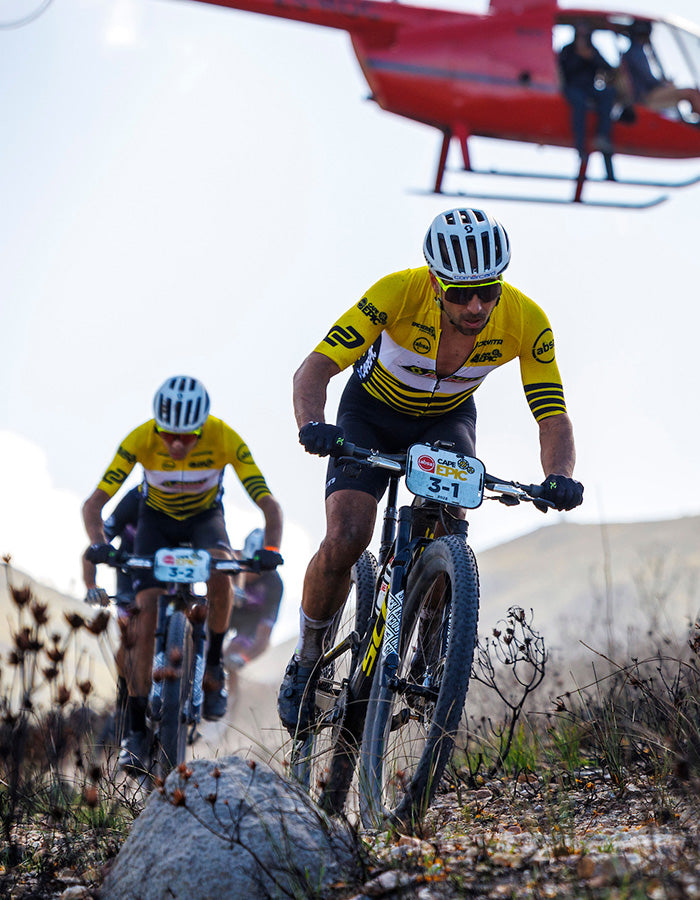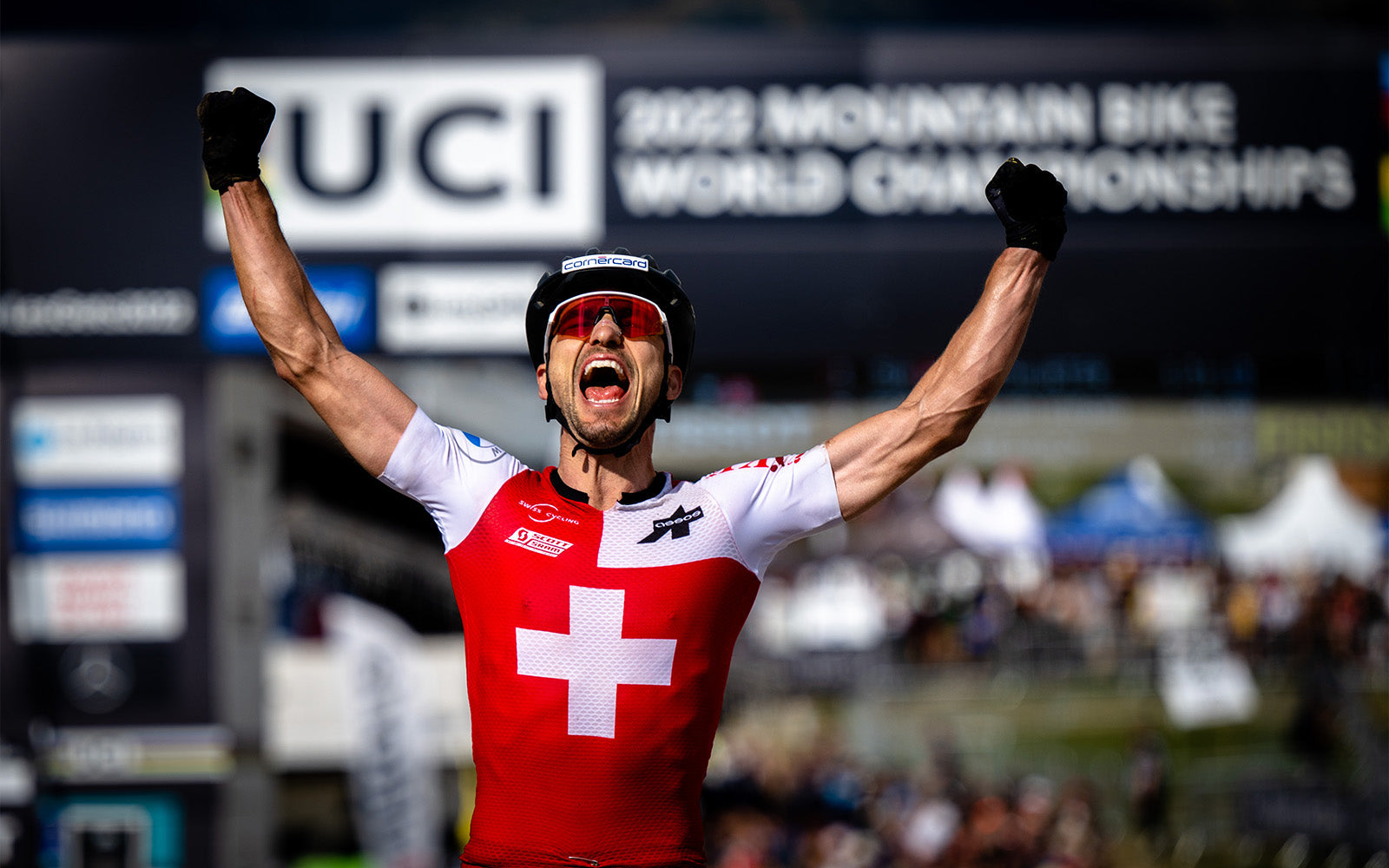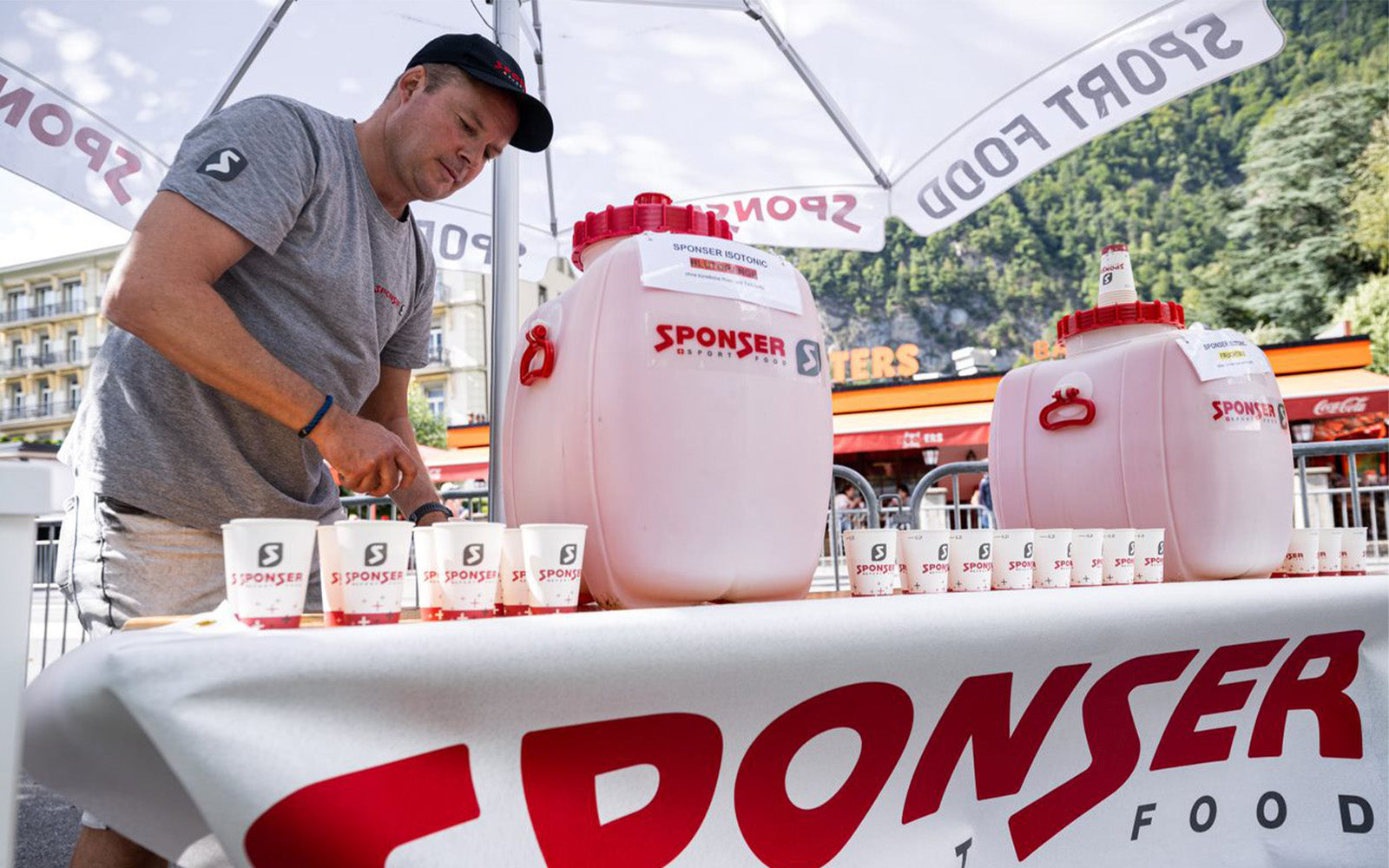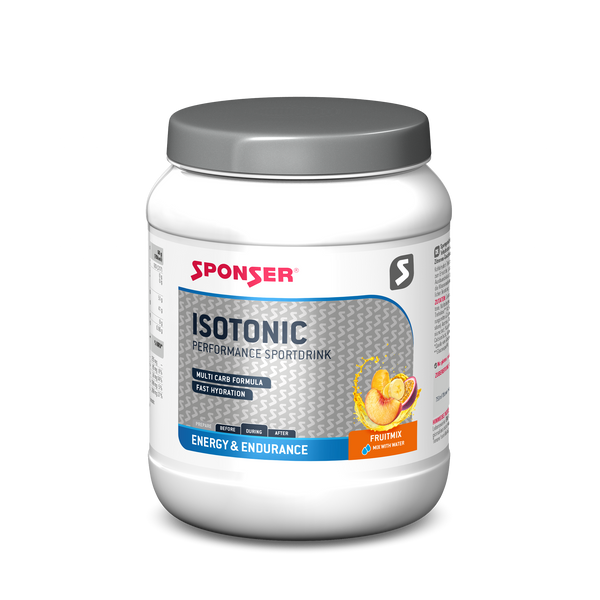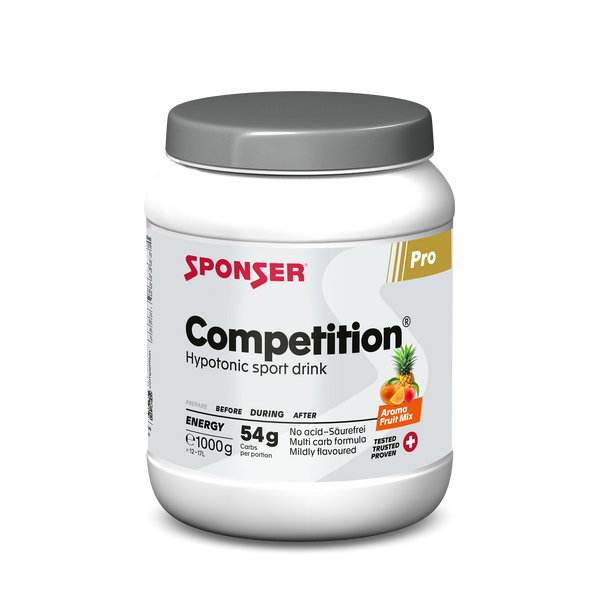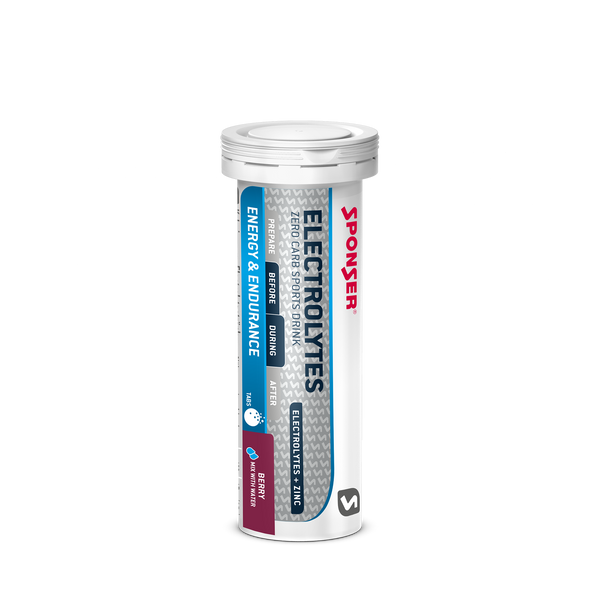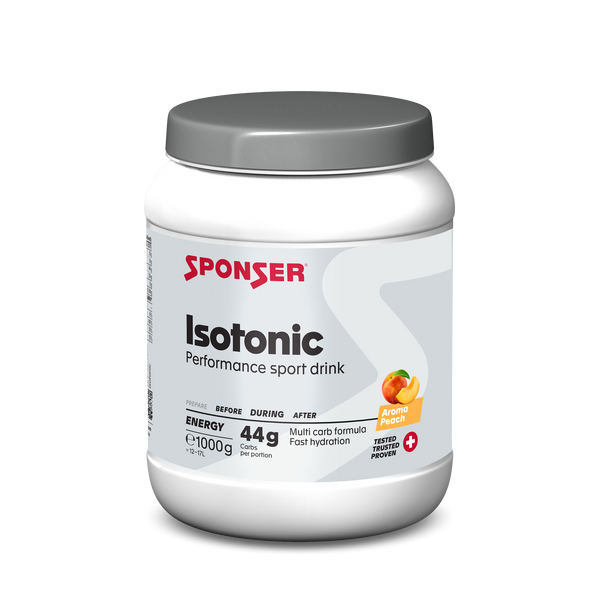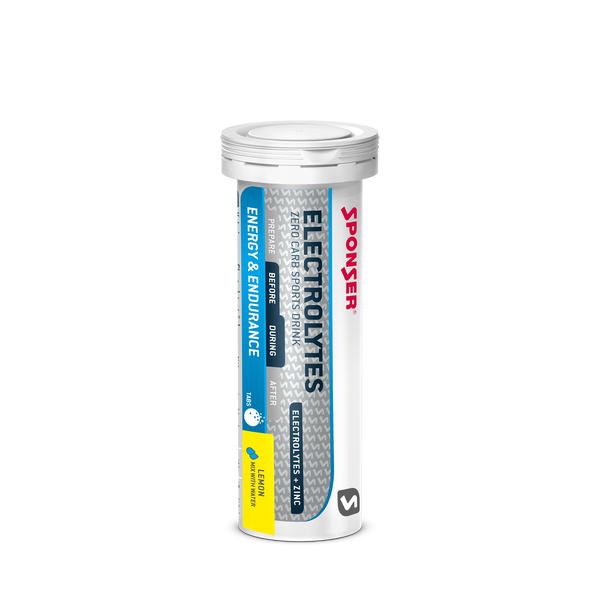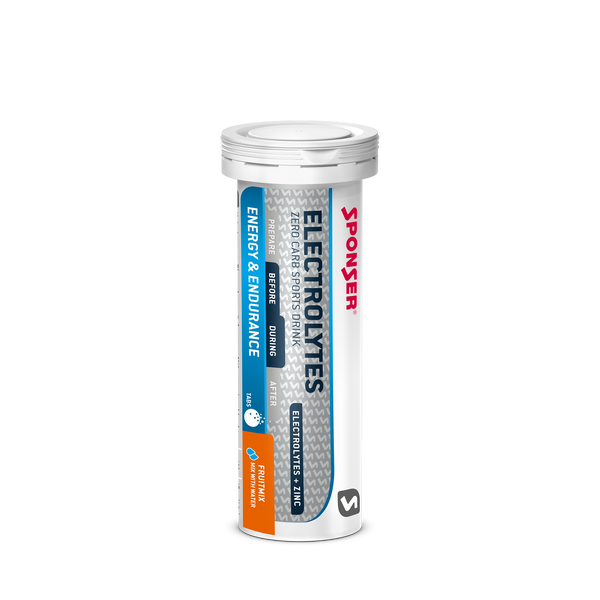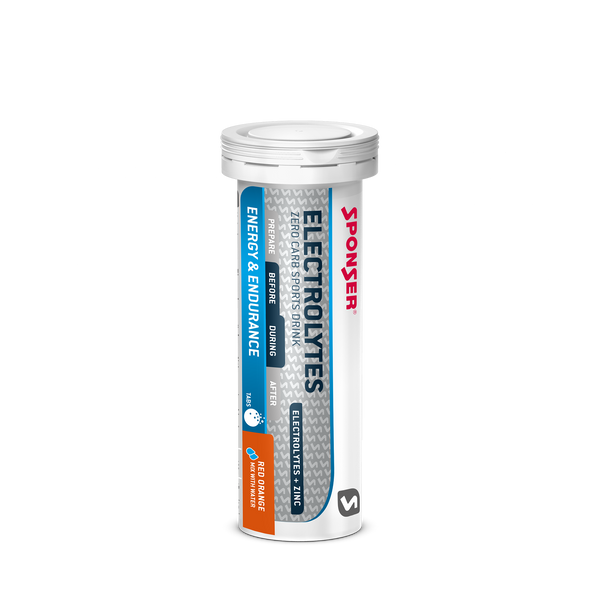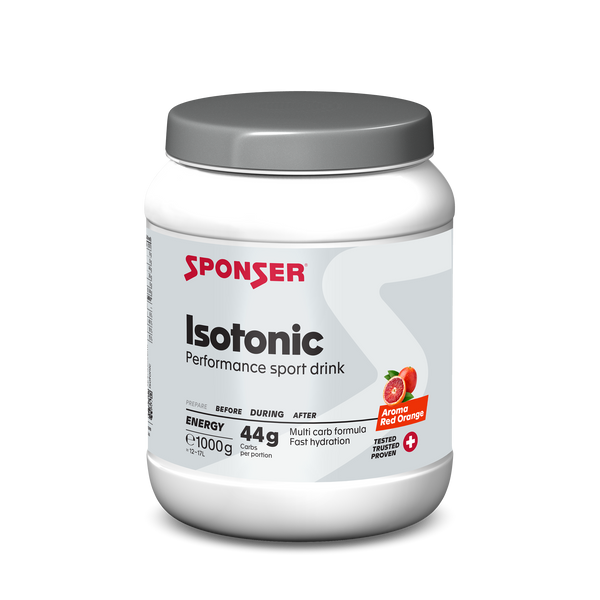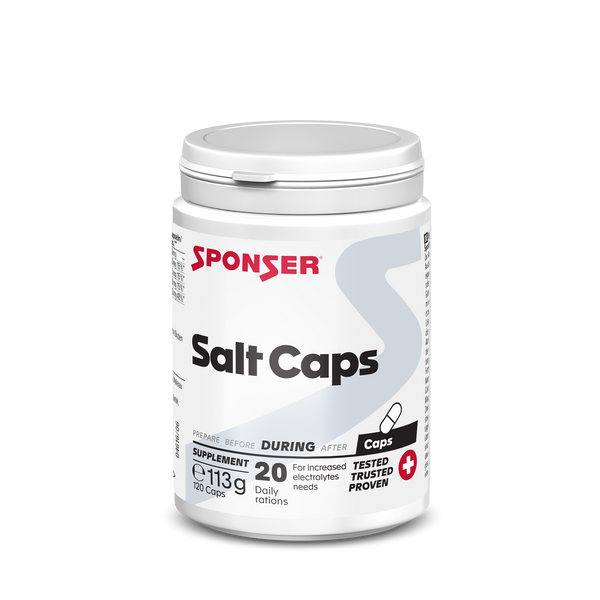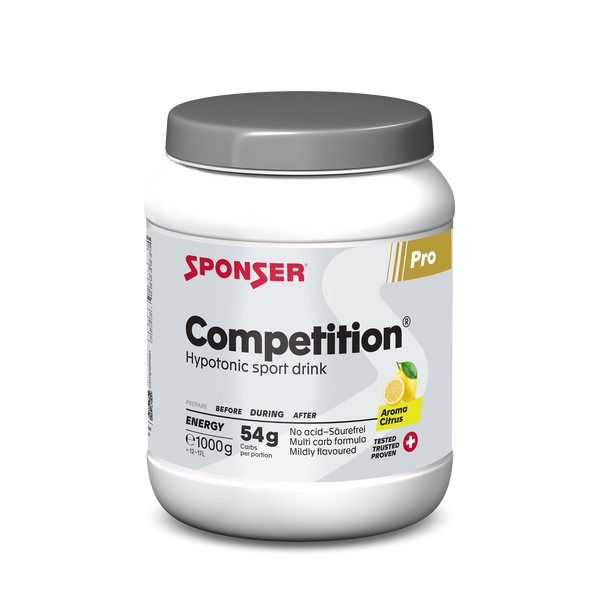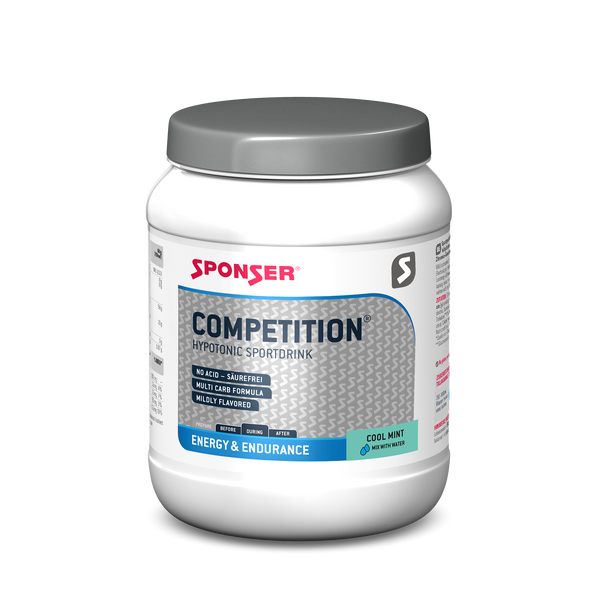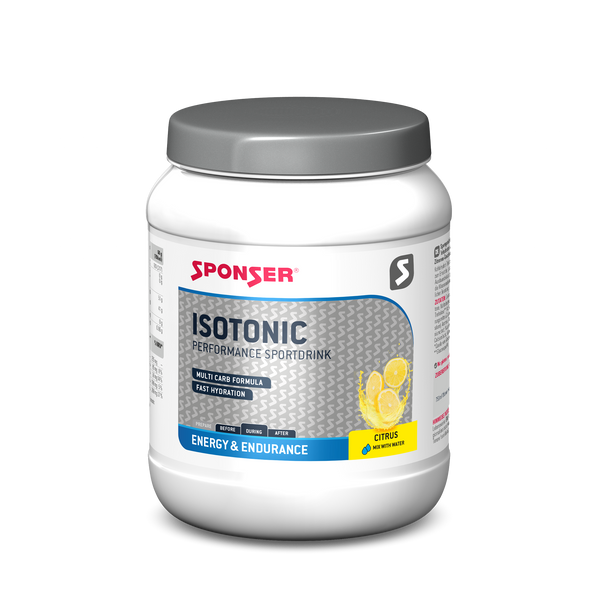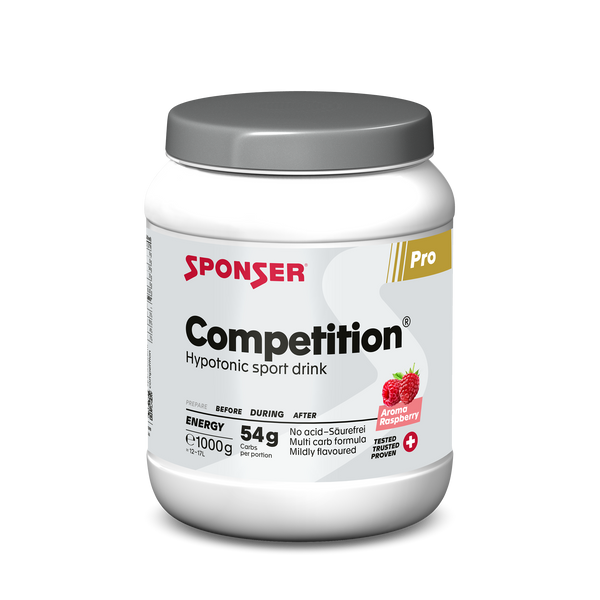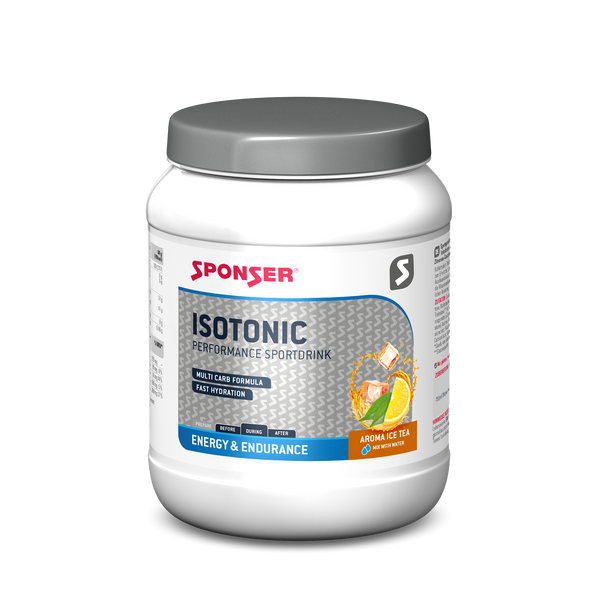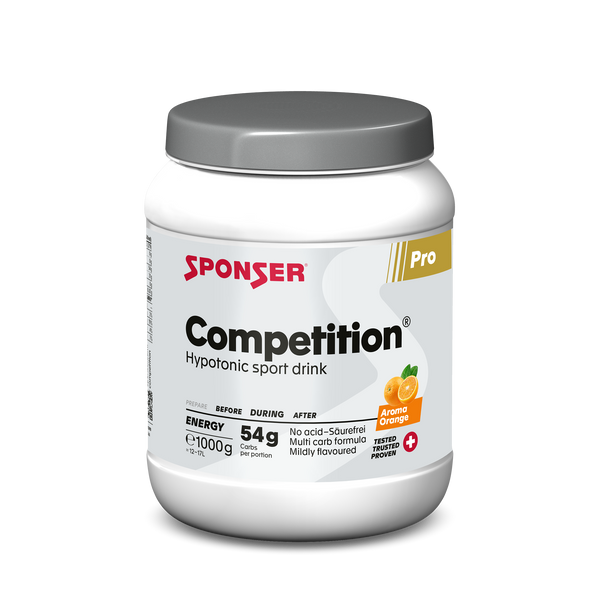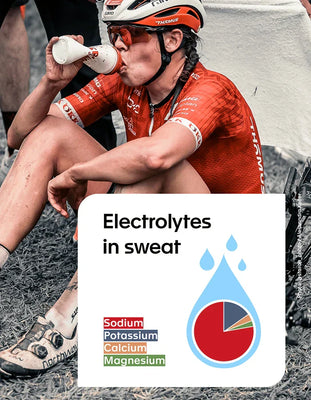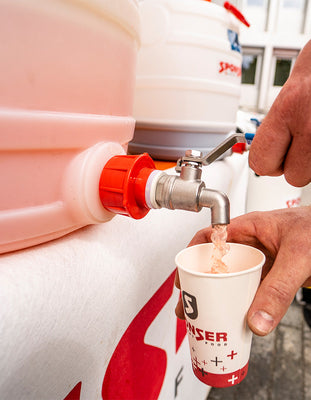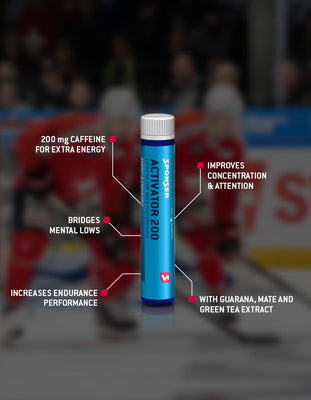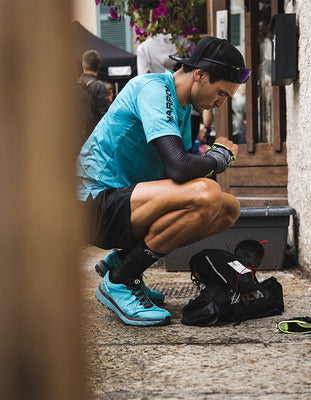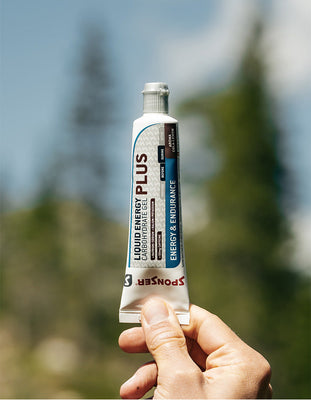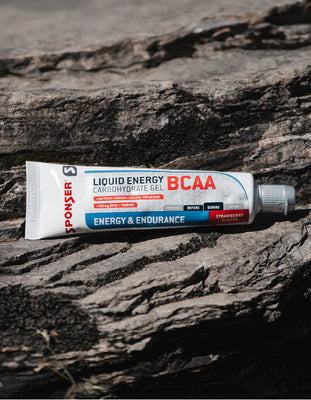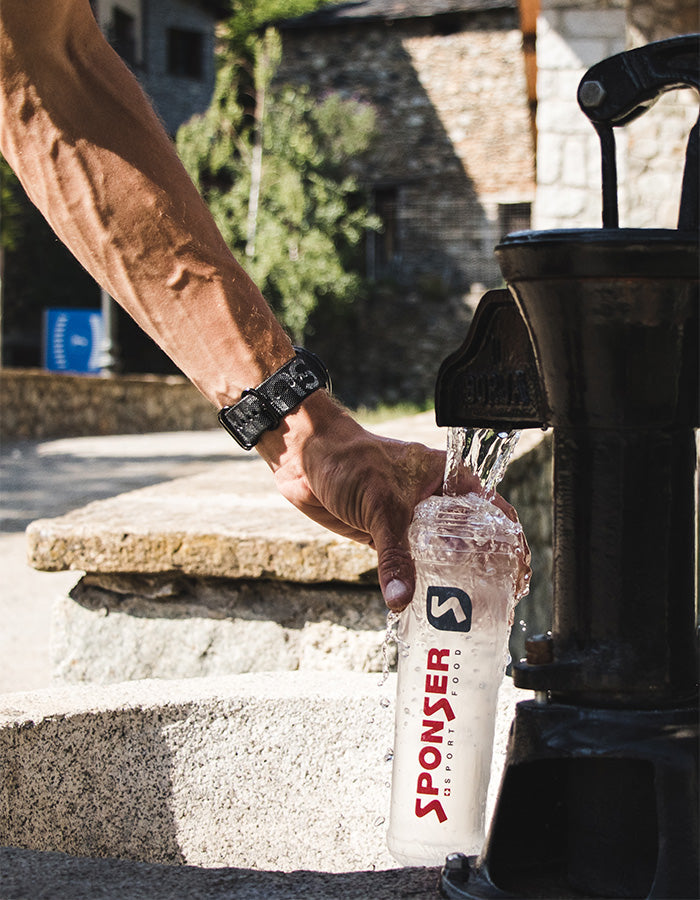
Photo credit: Verena Illmer
Hydration and fluid balance in sports
The human body consists mainly of water and our metabolism generates a high fluid turnover. Adequate fluid replacement is therefore crucial. It is of particular importance in order to prevent a loss of performance during sporting activities causing high sweating rates. Fluid loss varies greatly from athlete to athlete. Other relevant factors are the exercise intensity, air temperature and humidity, acclimatisation and even the training status. During training and competitions, fluid loss is often in the range of 0.5 to 1.5 litres per hour. Under extreme conditions (e.g. Ironman Hawaii) losses of up to 3 litres have been observed. Physiologically it is impossible to absorb more than 1.3 litres of fluid per hour. When replacing fluids not only the drinking volume is important, but also providing the body with sufficient electrolytes, since there is an interaction between fluid and electrolyte balance.
If the fluid-electrolyte balance is disturbed there is a risk of dehydration with serious consequences such as:
• gastrointestinal problems
• lower exercise tolerance
• increased heart rate
• disturbed heat regulation
• decreased cognitive function
• negative influence on motor functions
• increased risk of cramping
Tips
• Weigh yourself before and after exercise to estimate your fluid loss per hour. Preferably unclothed, but together with the full (or used, respectively) drinking bottle. If possible, repeat this procedure under different conditions (intensity, air temperature) and note the results.
• Drink primarily according to your own thirst. This is the best indicator for your personal fluid needs.
• After some time, empirical values can be obtained by comparing the amount drunk and the weight/fluid loss.
• Activities in hot weather or of more than 2-3 hours duration should include a targeted supply of sodium or electrolytes.
Sports drinks such as COMPETITION® or ISOTONIC provide you with energy and electrolytes. If you prefer electrolytes without energy, ELECTROLYTES tabs are ideally suited as sports drinks, while the practical SALT CAPS can be used as concentrated electrolytes besides and independent of any drinks.
You may find the ideal sports drink designed for your individual purpose in the following overview:
» Overview of all the sport drinks from SPONSER (PDF)
Related articles
on » fluids
on » endurance performance
on » muscle cramps
on » race nutrition
shop » energy & endurance
goal » energy & endurance
goal » professional & competitive sports
